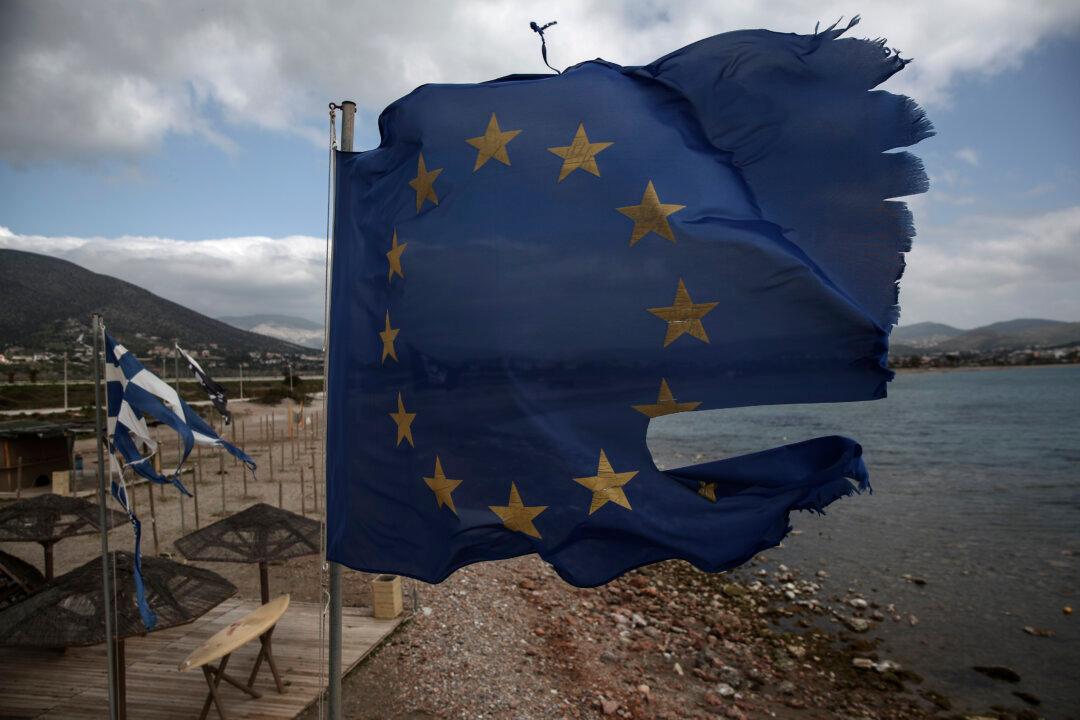As Greece is scrambling to raise the 350 million euros it has to pay to the IMF, a Greek euro exit is in the cards again.
Greece owes the IMF more than $20 billion, and the International Monetary Fund is the one entity that Greece cannot afford to alienate because it is the absolute lender of last resort. If it doesn’t pay the IMF, the country will go back to square one, without any type of foreign capital.
So the country is scrambling to raise the cash, using some unconventional means. Reports from Greece suggest the country has tapped national pension funds as well as utility companies to fork up the cash.
Negotiations between Greece and Germany, the leading creditor nation, have been tense and sometimes bordering on the insulting.





